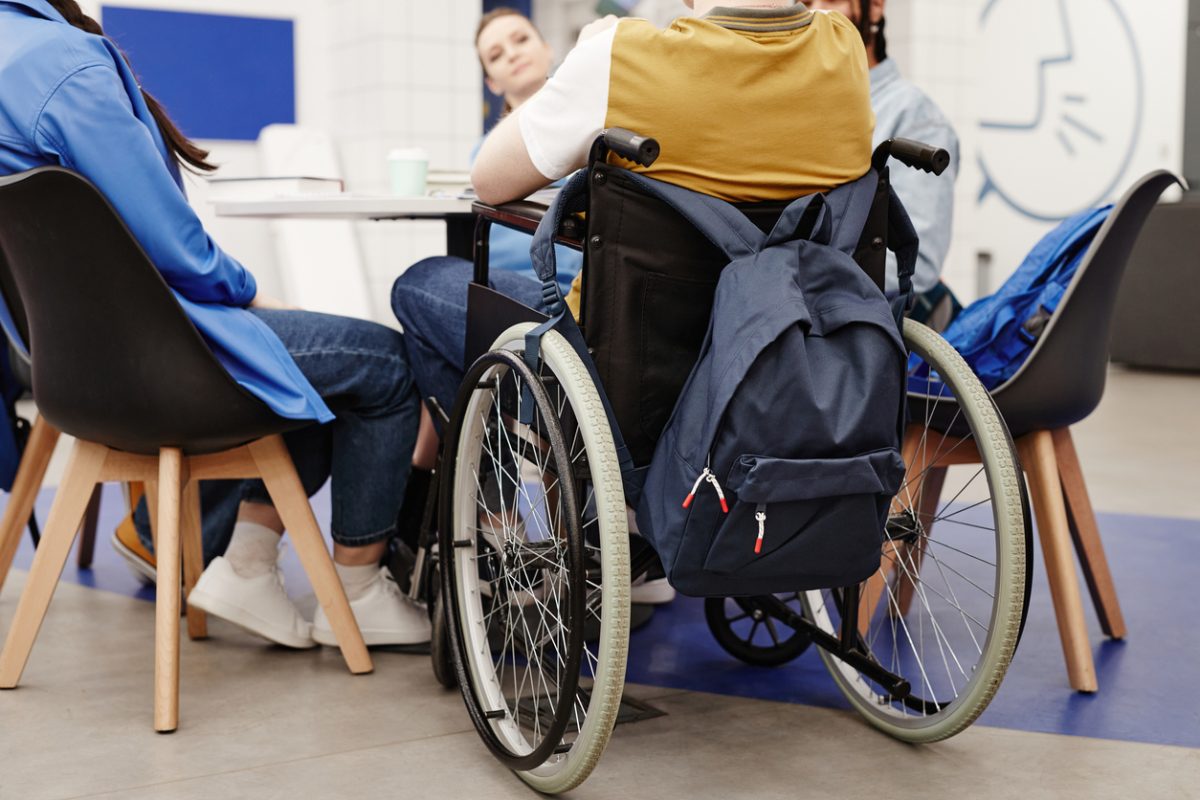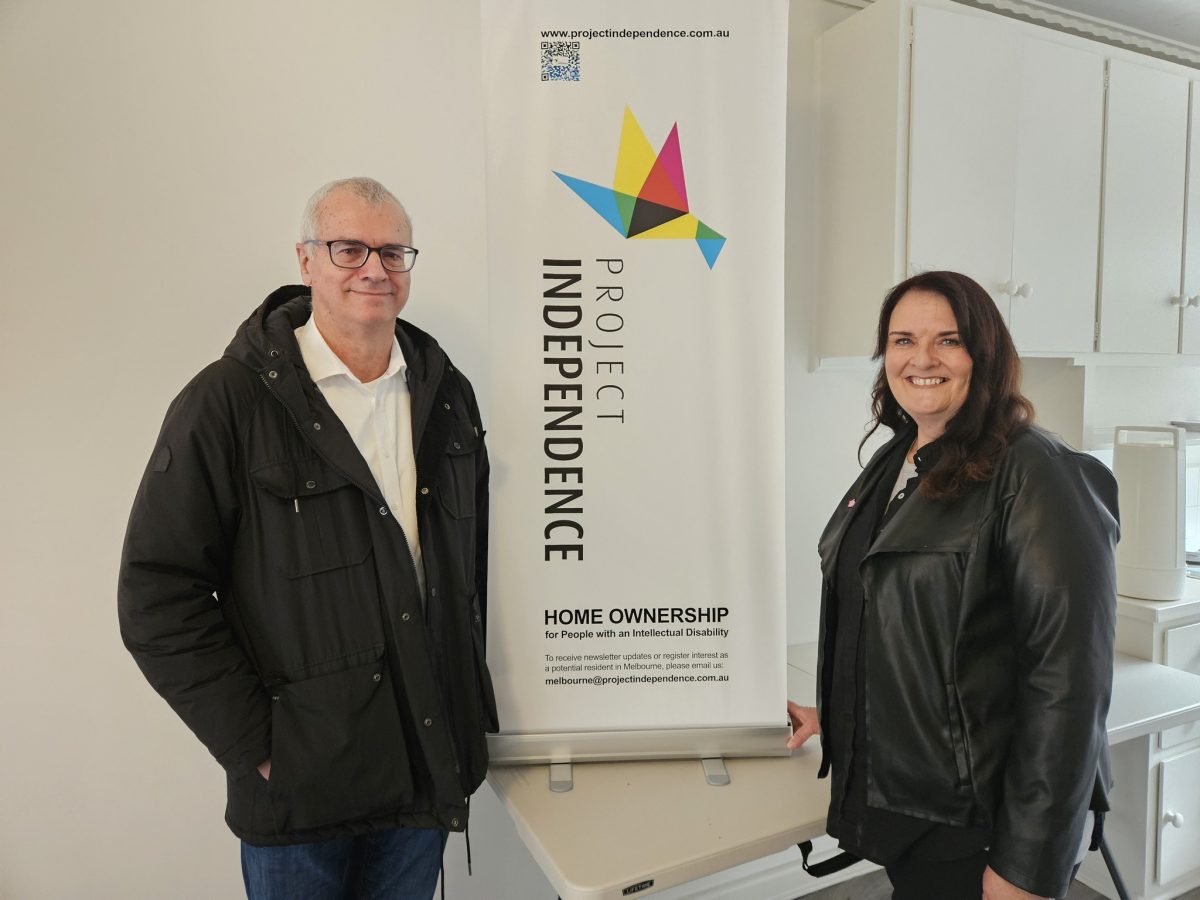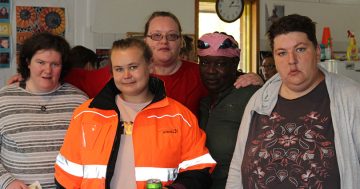
Group homes for people with disability are not the way to go, says the Grattan Institute. Photo: Region.
Group homes funded under the National Disability Insurance Scheme (NDIS) are costing taxpayers more than $350,000 per person each year despite producing poor outcomes for residents and should, therefore, be phased out, says a leading national think tank.
The Grattan Institute reported that 43,500 Australians with a disability were living in institution-like group homes with four or five others, all of whom were supported by a roster of shift workers. These facilities are costing taxpayers $15 billion a year and are responsible for nearly 40 per cent of the total cost of NDIS, even though they’re not generally a good option for those living in them.
“We know from the royal commission that people in group homes are much more at risk of violence, abuse and neglect,” Sam Bennett of the Grattan Institute said.
“You are living with people that you haven’t chosen to live with, you’ve got lots staff coming in and out … residents also don’t get to choose basic things like what time they get up to have breakfast, what they have on their walls.”
Under the NDIS, the federal government gives eligible people with disability money to help meet their personal needs via an agreed plan. Mr Bennett said that rather than funding group homes, it would be better to help people live in their own home and have a mix of both formal and informal support.
“We could have foster care-type arrangements to support people with disabilities … that model has worked well in places in Canada,” he said.
The Grattan Institute proposes what it calls individual living arrangements, such as where an adult with NDIS funding lives with a ‘host family’ or ‘host flatmate’ who is not related to them.

Project Independence CEO Michael Claessens (left) says the model of care his organisation provides could be rolled out nationally. Photo: Facebook.
A host might be a couple or an individual who provides companionship and semi-formal support with things like cooking, cleaning, and other household tasks. In exchange, they receive a subsidy for their expenses. Hosts can also receive rental payments directly from the person living in their home.
“Individualised living arrangements can be cheaper than group homes because they tap into semi-formal support, instead of relying solely on rostered, paid support workers,” the Grattan Institute states in their report.
Michael Claessens, CEO of disability accommodation provider Project Independence, says the model of care they provide could be taken up more widely to achieve the Grattan Institute’s aims.
“We create a village, where people live independently in their own apartment but have a mutual obligation to work with others to collaborate around meals etc in a group setting … support is also available when people need it,” he said.
“It also provides a pathway towards home ownership. We allow residents to slowly build equity in where they live, though they can also choose to rent long-term if they wish.
“It’s not a model for everyone … it’s for those with mild or moderate disabilities, but we find most of our residents are very happy, they are engaged and turnover of residents is very low … it’s scalable and shovel ready.
“We would like to see this model available nationally.”
Mr Bennett said that moving towards individual living arrangements will not only given people with disability a better standard of living, it would also make the NDIS more financially sustainable in the long-run.
The full report Better, safer, more sustainable: How to reform NDIS housing and support is available from the Grattan Institute.





















